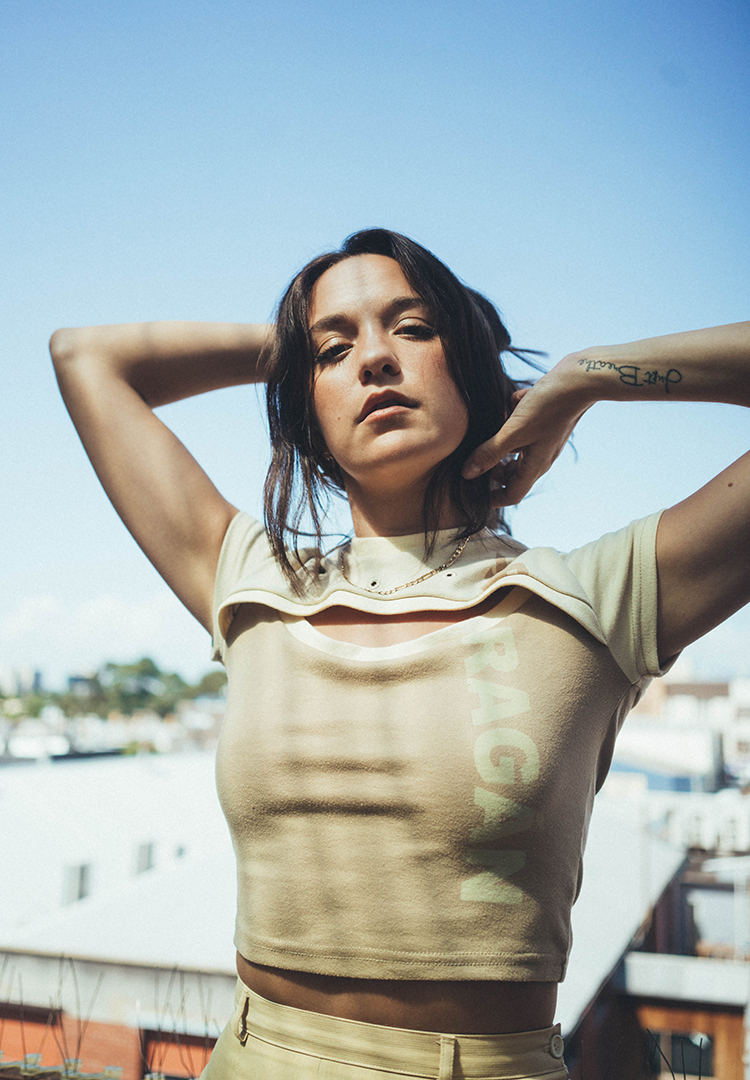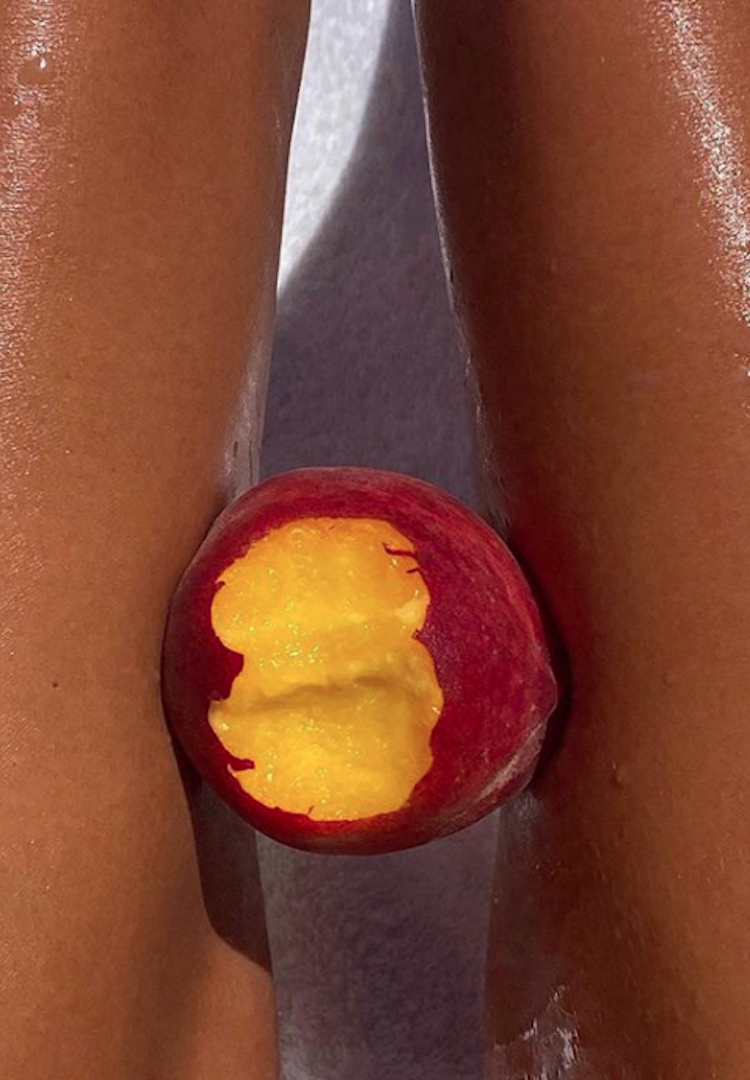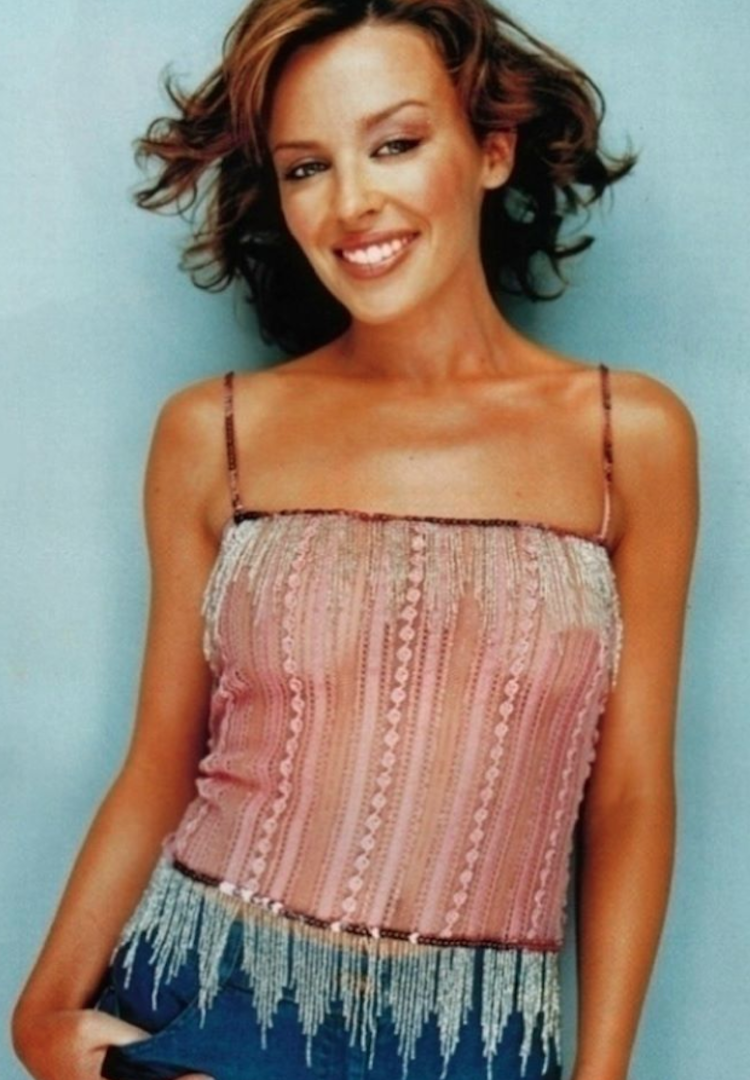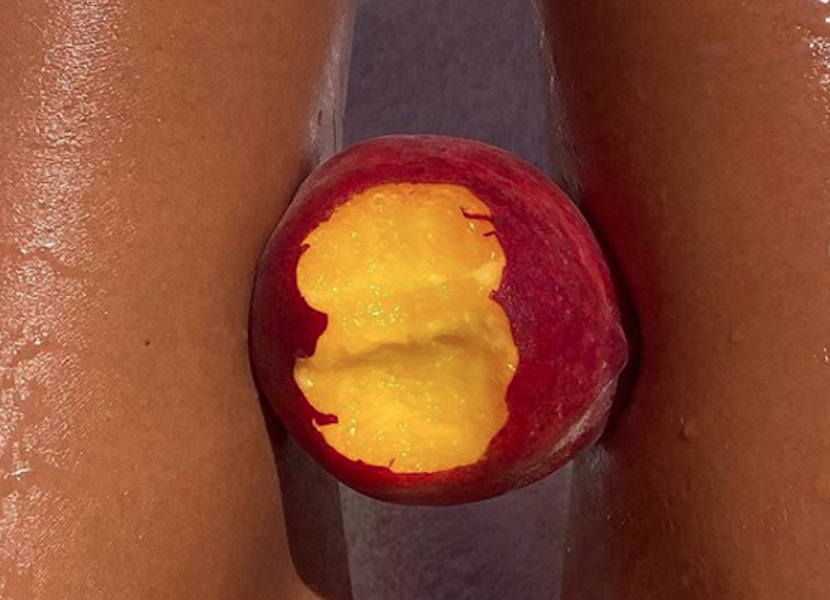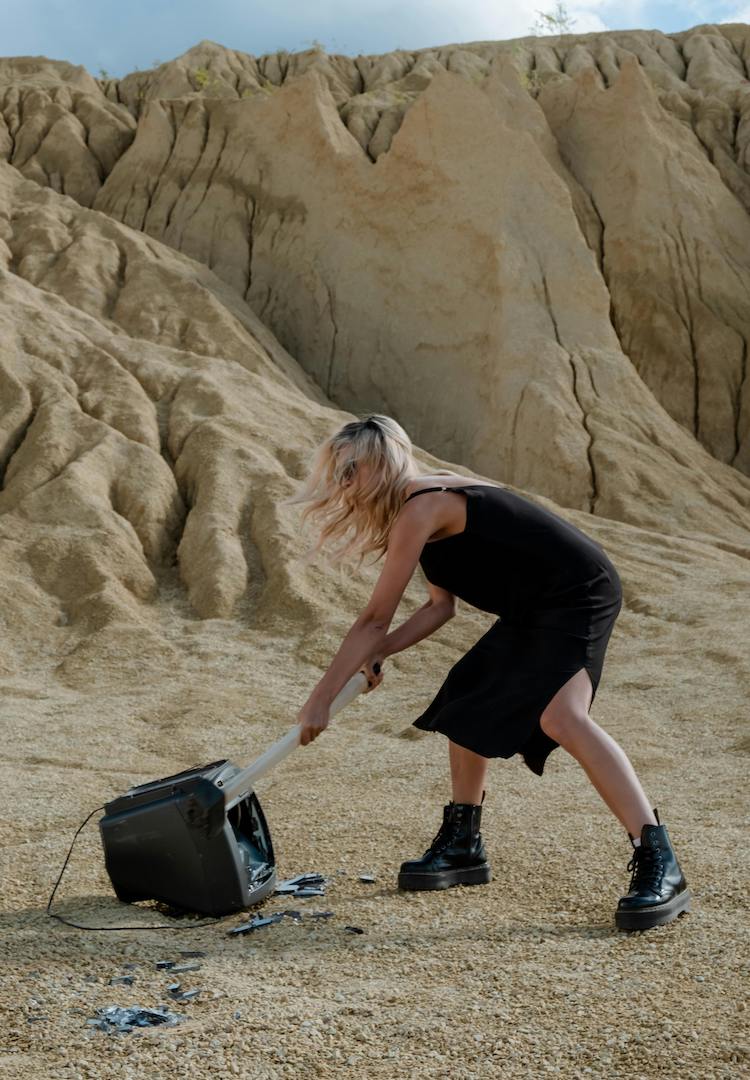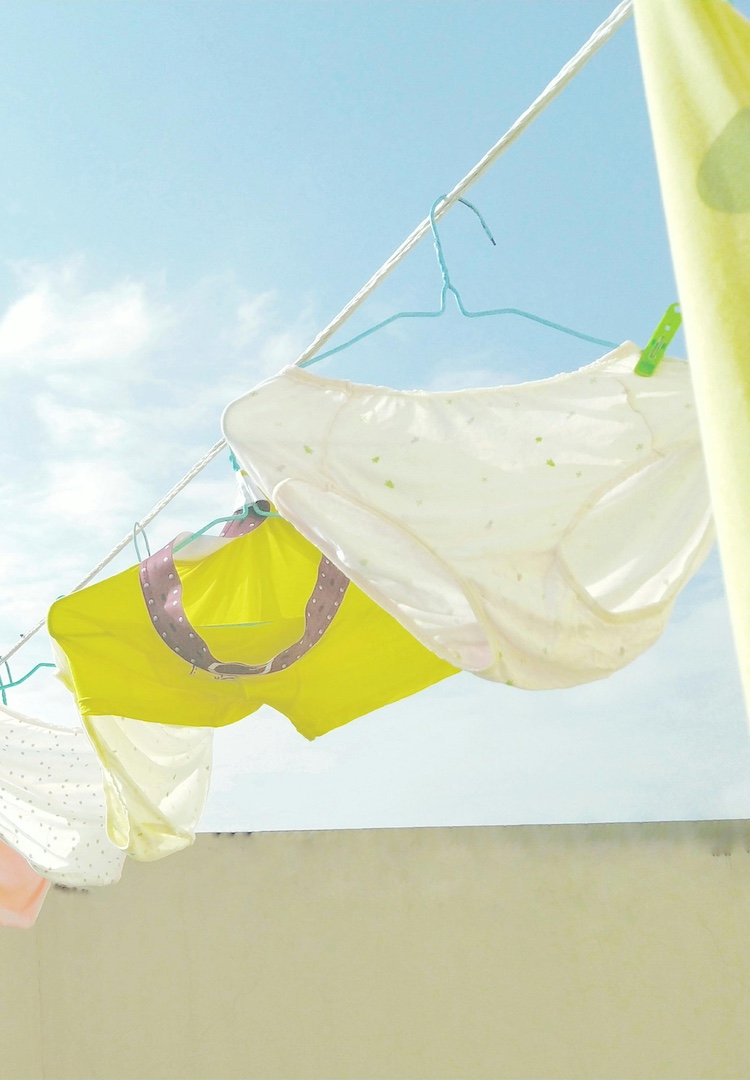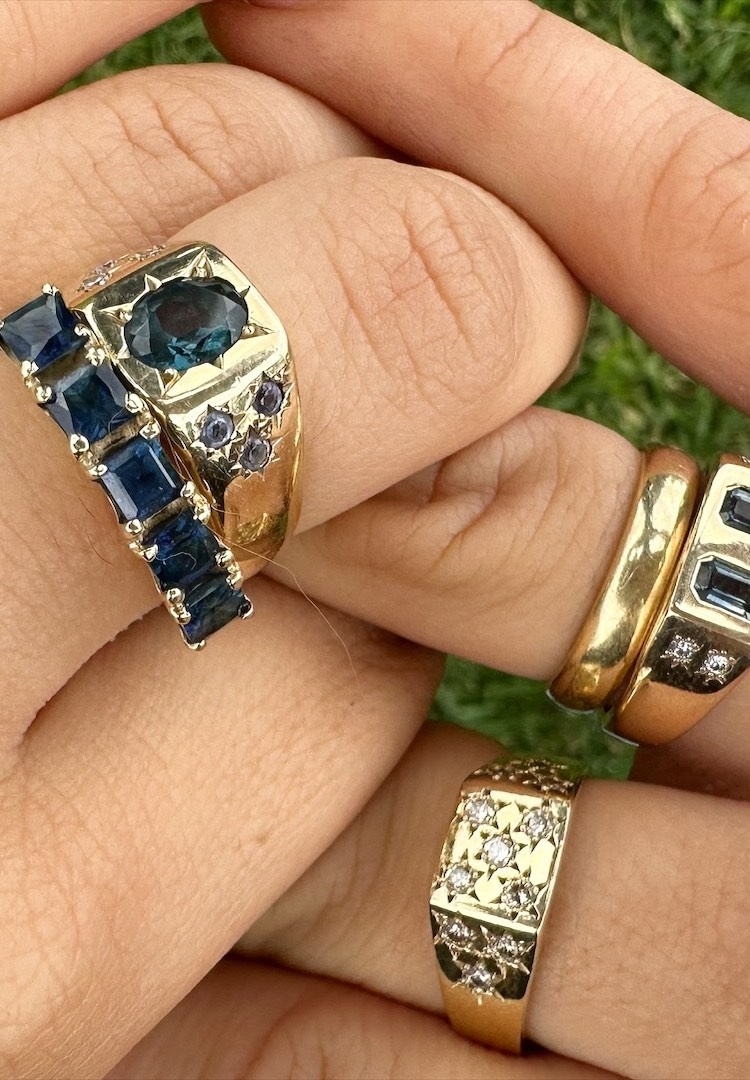Hear Me Out: The backlash against ‘WAP’ is rooted in classism, not just sexism
IMAGE VIA VALENTINA_MUNTONI/INSTAGRAM
WORDS BY SUNNY CHISHOLM
Ask not what you can do for misogyny, but what misogyny can do for you.
Cardi B’s sex-positive X-rated single ‘WAP’, featuring fellow rapper Megan Thee Stallion, has been met with a gross, but expected, degree of hate from conservatives online. Last month the song amassed 93 million streams in its debut week, proving itself to be an undeniable, albeit controversial, hit.
The song is being criticised for its sexually explicit lyrics and the equally graphic sensory feast of a music video that accompanies it. With lines like “Bring a bucket and a mop for this wet ass pussy / Give me everything you got for this wet ass pussy”, I can understand how a song of this nature isn’t for everyone. It’s fiercely confident, at times confronting, and one male TikToker admitted he found it “intimidating” and “scary” to listen to. To him I say: welcome to a day in the life of a woman.
Many listeners have shared their contempt for ‘WAP’ on Twitter, as if publicly slamming the song makes them saintly and superior beings, exonerating them of their own sins.
American congressman James P Bradley tweeted that “Cardi B & Megan Thee Stallion are what happens when children are raised without God and without a strong father figure. Their new “song” the #WAP (which I heard accidentally) made me want to pour holy water in my ears and I feel sorry for future girls if this is their role model!” No prizes for those who guessed he’s a Republican. Using religious guilt to suppress women’s sexuality or to keep a woman meek and oppressed must be written somewhere in the Republican handbook.
And, like many, the Twittersphere’s reaction to ‘WAP’ got me thinking. Where are Bradley’s outcries – and the rest of the internet’s response – to songs of a similarly “vile” or “vulgar” nature? Why is the world so offended when a plethora of obscene songs precede ‘WAP’?
I mean, this language is not new. We’ve heard it before, with less consent and more violence from 2 Chainz singing “I beat the pussy like a new song” (‘I’m Different’, 2012) and from Kanye West spitting “Put that pussy in a sarcophagus / Now she claiming I bruised her oesophagus” (‘Monster’, 2015).
Are these lyrics just as – if not more – jarring? Yes. And must we have a male precedent set first for something to be considered acceptable? Unfortunately, yes. And why can’t women be pioneers in the rap industry? Because misogyny is the sea that we swim in and women are the proverbial fish, sometimes unaware of its power but always within its clutches.
We live in a world where female artists are “allowed” talent and granted success, as long as they agree to be pure, wholesome role models for young women, regardless of the age of their audience. Where male artists have room to be imperfect and unique, female artists are expected to be perfect and generic (read: disposable). Where male artists are admired for their consistency and unwavering talent, female artists must regularly rebrand themselves to stay relevant (think Madonna, Miley Cyrus and Taylor Swift).
In her 2020 documentary Miss Americana, Taylor Swift shed light on the hypocrisy of her industry, admitting, “Female artists have reinvented themselves 20 times more than male artists. They have to, or else you’re out of a job. Constantly having to reinvent, constantly finding new facets of yourself that people find to be shiny.” The rules in which women must follow are unwritten and always shifting, making it impossible for those in the spotlight to ever feel as though they’re getting it right. Naomi Wolf suggests this double standard “is a constant reminder that men are worth more and need not try as hard.”
And while it’s easy to argue that double standards exist in the music industry and that female artists are constantly held to a higher standard than their male counterparts, I don’t think that sexism alone is responsible for the backlash towards ‘WAP’.
Women have been using provocative language in their music ever since Lil’ Kim broke boundaries by reclaiming the ownership and power of her pussy. We’ve heard words that were once used to belittle women, to keep us as small and docile characters, now used and radicalised by women.
From Khia’s infamous lyric “Lick it good, suck this pussy just like you should” (‘My Neck, My Back’, 2002), to Nicki Minaj rapping “Pussy put his ass to sleep / Now he calling me NyQuil” (‘Anaconda’, 2014) and Beyonce crooning, “When he fuck me good I take his ass to Red Lobster” (‘Formation’, 2016). So while this proves that objectification is rampant within rap, it dispels the argument that rapping about sex is only accepted when it exists to degrade women.
To me, this doesn’t feel like a sexism thing, it feels like a classism thing. Is Cardi being scrutinised for being a sexually liberated woman? Maybe. Is she seen as less holy and ladylike than someone like Beyonce? Probably. Is her sexuality seen as sinful rather than sacred? Definitely. Because once you have ‘stripper’ listed on your resume, you’ll always be seen as Mary Magdalene and never the Blessed Saint Mary.
So I argue that it’s not the profanity that people are offended by, but the person speaking it. And I’m completely aware that Cardi isn’t without her faults. She isn’t an artist I actively stan, which makes me better placed to write this as I have a minimal bias. But I can’t shake the thought that the way the internet has so brazenly bashed her for ‘WAP’ is the same way that our society at large treats sex workers. We judge women who dare to commodify the only currencies the patriarchy has given them: sex and beauty.
To this day, the only professions where women consistently out-earn men are fashion modelling, pornography and prostitution. When you read that, it makes you question whether much has truly changed for women’s emancipation since biblical times.
Women have a much harder time monetising merit than men do, because the world refuses to celebrate the unique qualities of women, and instead views us as one-dimensional, generic beings that exist for pleasure. Our society tells women that they must have beautiful bodies, but as soon as one decides to sell their body they’re crucified. Why can’t women accept a financial reward for the one thing that the patriarchy tells us has worth? In this instance, Cardi is making misogyny work for her, not against her.
And it’s not as though the patriarchy has a problem with sex itself. Sex is everywhere. Women are supposed to embody sex appeal and men are supposed to possess those who embody it. The judgment only arises when women try to leverage sex for their own economic independence. As soon as business is added to the mix, men can’t stand the thought, because suddenly, they don’t own women they way they thought they did.
“Good girls” are expected to be a lady in the streets and a freak in the sheets, which is why critics of OnlyFans, the adult membership app, detest the agency that the platform provides content creators with. The fact that some users are okay watching pornography, but judge those who sell racy photos and videos proves that this prejudice is rooted in misogyny and classism. Is the pleasure from porn made redundant when the subject of the objectification has something to gain? Is the world just too comfortable seeing women exploited and not used to seeing them doing the exploiting?
So if you have a problem with Cardi B’s ‘WAP’, ask yourself, what is it that truly offends you? Patriarchy is a system and women like Cardi are learning how to best work it. Don’t hate the player, hate the game.
Don’t tear down a woman for having the smarts to know that sex sells. Women like Cardi have the foresight to know they’re going to be objectified either way, so why not have it be on her own terms and for her own gain? Plus, lyrics aside, the tune slaps and will be played at every bar post-lockdown, so you better get used to it.

